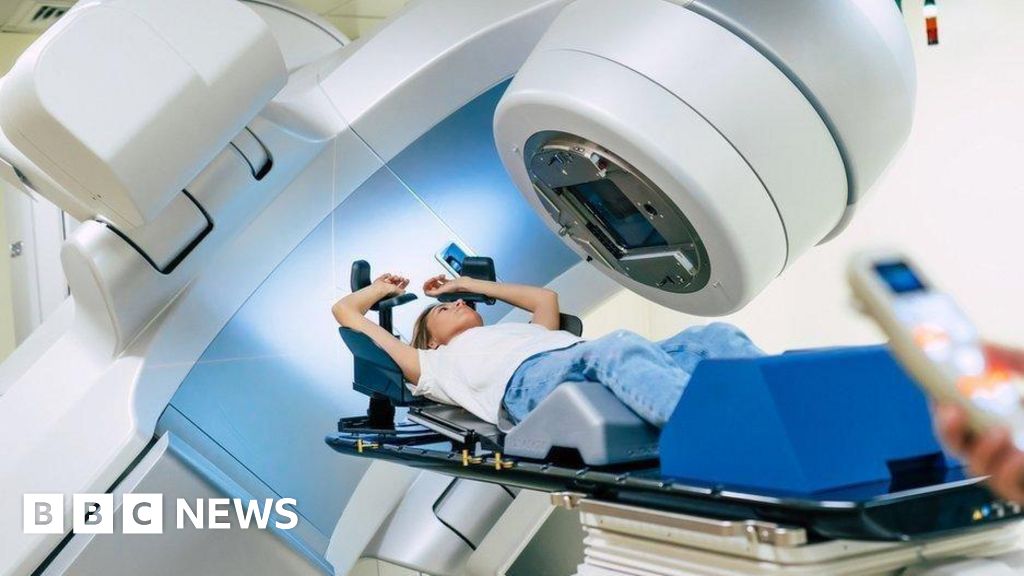Introduction to Cancer Survival Rates
The number of people surviving cancer has improved significantly over the past 50 years, but experts warn that progress in some types of cancer, particularly those with the worst survival rates, is slowing down. For some cancers, such as melanoma skin cancer, the 10-year survival rate is now over 90%, while the overall survival rate for all types of cancer has doubled since the early 1970s.
Progress in Cancer Treatment
Researchers attribute the improvements in survival rates to progress in treatment and earlier detection. Breast cancer, for example, has seen a significant increase in 10-year survival rates, from 42% to over 76% between 1971 and 2018 in England and Wales. This is due in part to the introduction of an NHS breast-screening program and targeted therapies for different types of breast cancer.
Cancers with Low Survival Rates
In contrast, cancers with the lowest survival rates are often the most difficult to diagnose and have limited treatment options. Pancreatic cancer, for example, has a 10-year survival rate of less than 5%. Other cancers, such as esophagus, stomach, and lung cancer, have also seen little improvement in survival rates since the 1970s, with 10-year survival rates of less than 20%.
Personal Experience with Cancer
Matt Black, a 60-year-old who lost his sister to pancreatic cancer and was diagnosed with colon cancer himself, understands the importance of early detection and treatment. After experiencing symptoms, he was operated on and received the all-clear. He praises the NHS for doing an "amazing job" but notes that it’s a difficult time to be a cancer patient, especially for those with hard-to-diagnose or treat cancers.
Call to Action
Researchers and charities are calling for more research and support for cancer services to improve survival rates, particularly for cancers with poor prognosis. They warn that progress in cancer survival rates has slowed down in recent years, partly due to longer waiting times for diagnosis and treatment. To address this, they recommend cutting waiting times, introducing early detection programs, and investing in research, especially for the deadliest cancers.
Government Response
The government has acknowledged the need for improvement and has announced plans to publish a new national cancer plan. A spokesman for the Ministry of Health and Social Affairs stated that cancer care is a priority and that progress has already been made in reducing waiting times. The plan aims to improve survival rates and tackle the unacceptable variation in survival rates between different types of cancer.

